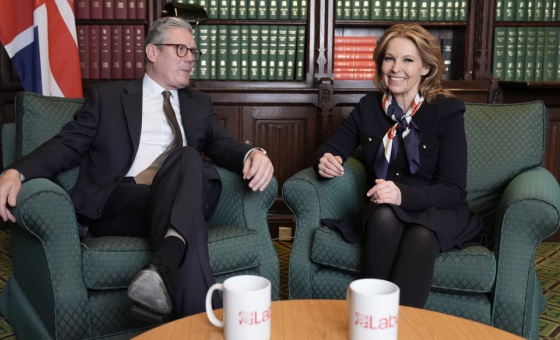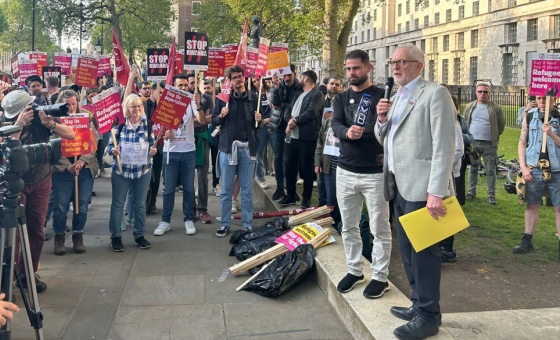OUTSOURCING of a plethora of essential services to a small number of gargantuan public-sector contractors isn’t a novelty introduced by Theresa May’s Tory government.
It has been the choice of governments over the past three decades, justified by spurious claims of private-sector competition and managerial efficiency.
Local authorities, the NHS and public enterprises have been handed over, in part or wholly, to conglomerates of the ilk of Carillion, Interserve, Capita and Serco on the pretext of offering best value to taxpayers.
Unfortunately, these taxpayers don’t include contractors’ employees who pay taxes, service users who pay taxes or indeed the taxpayers who bail out these conglomerates when they bite off more than they can chew in their speculative activities.
In fact, the only taxpayers benefiting from the outsourcing state, which dovetails with European Union regulations on compulsory competitive tendering for public services, are the financial speculators with their fingers in their conglomerate pies until they decide to take the money and run.
And these speculators, as we have seen from tax-haven revelations in recent years, are least likely to be paying a level of taxes commensurate with their “earnings.”
Carillion collapsed a year ago. Major shareholders are walking away now from Interserve, causing its share price to collapse and, paradoxically, allowing speculators a fresh bite at the cherry through a restructuring agreement allowing them to accept new shares in lieu of old debts.
Interserve, like its fellow bandit-capitalism competitors, is utterly dependent on contracts from the public sector.
So there is a grim irony in this sickly patient being able to raise itself from its deathbed to announce a Welsh government cash transfusion, having been awarded a £25 million contract by Cwm Taf University Health Board, as part of the next phase of the £36 million redevelopment of Prince Charles Hospital in Merthyr.
So there’s life after death for Interserve as a company and for its shareholders, but what about staff who work for the company?
One regular common denominator of corporate restructuring arrangements is a “cost-saving” requirement, which inevitably involves an attack on staff costs — pay, pensions, hours, conditions or redundancies.
Governments’ obsession with using the private sector to deliver public services — plus a bag of profits for parasitic shareholders — is outdated and must end.
We must have a return to public services, financed and owned by the public sector and meeting the needs of the public, no matter what the prophets of austerity in the City of London or Brussels may say.












